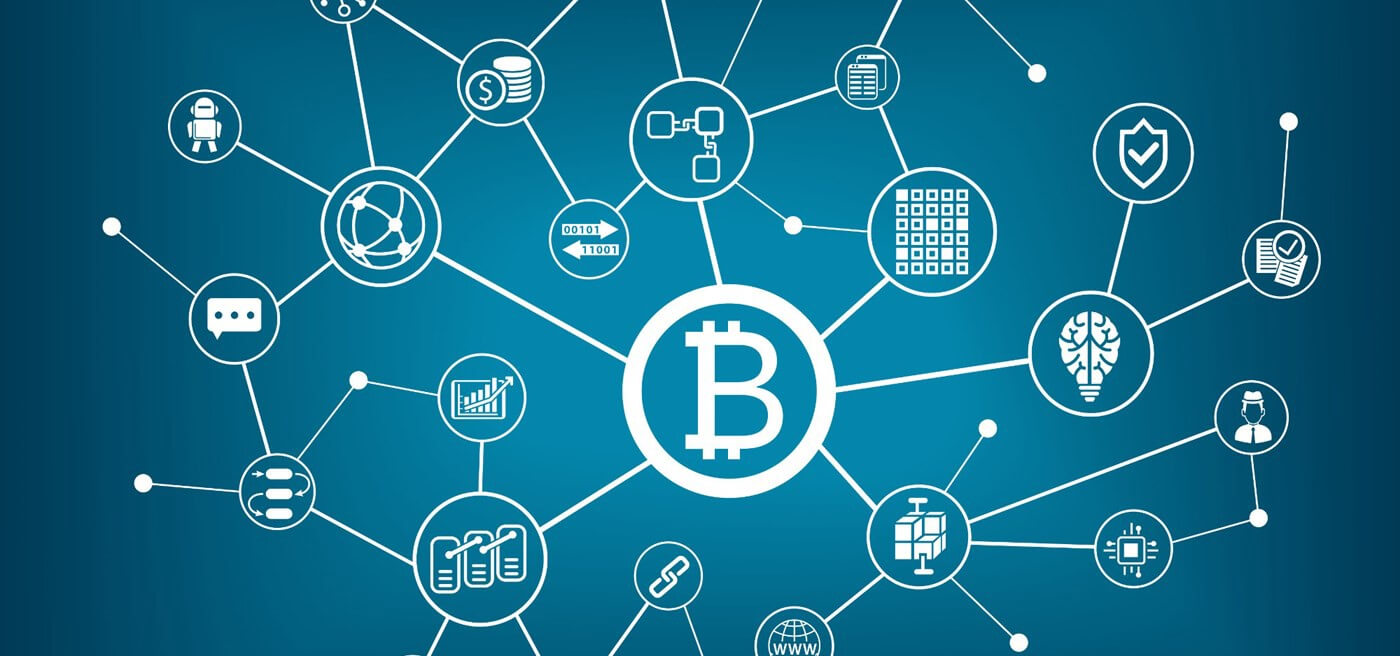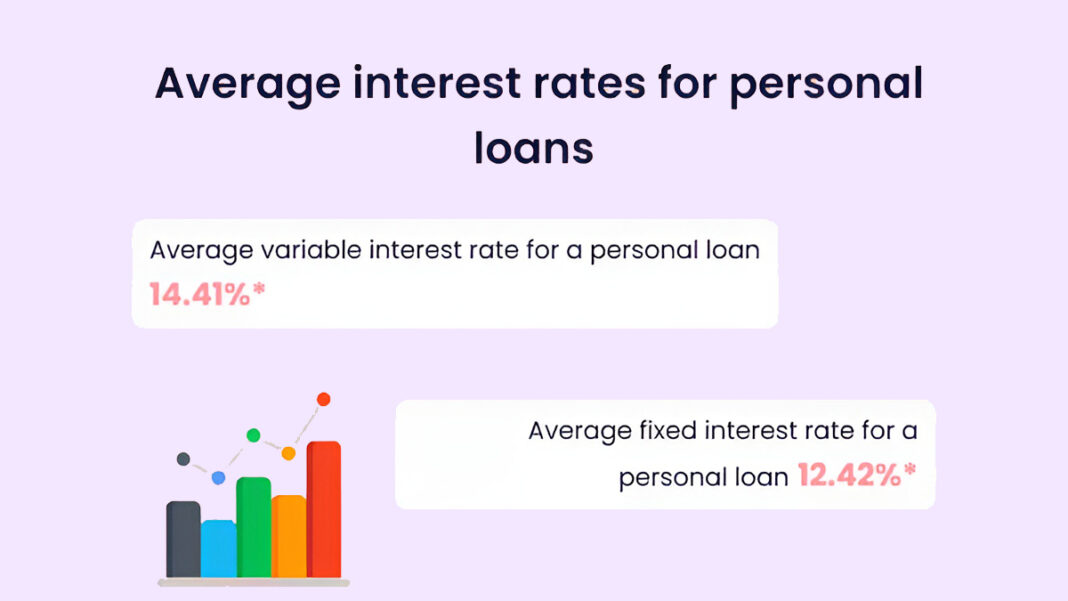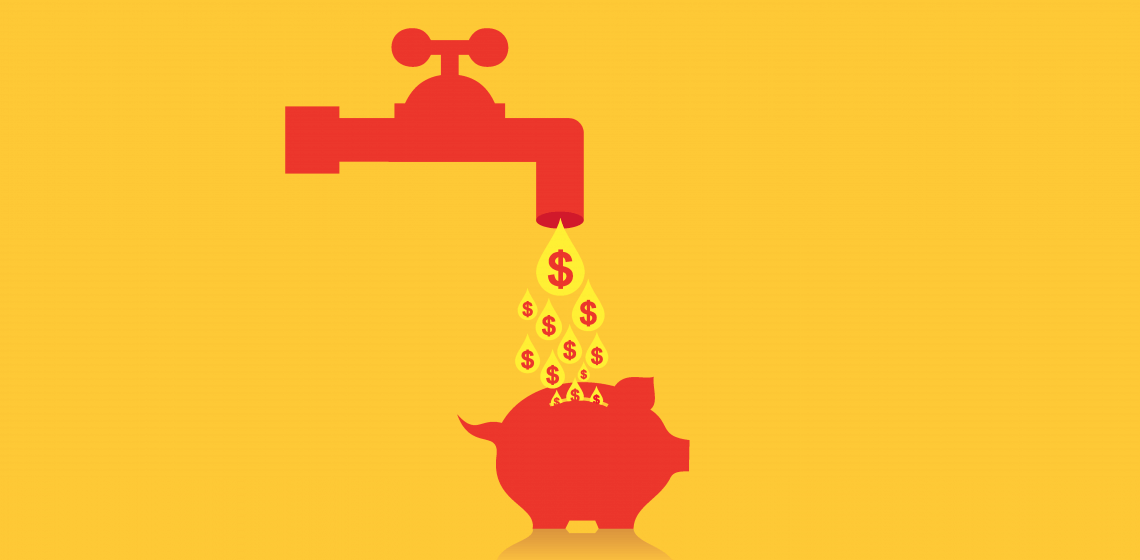
Blockchain technology’s rapid development shows no signs of slowing down. In the last few decades, many seemingly impossible things have gone wrong: substantial transaction fees, double spending, net fraud, and lost data recovery. However, all of this can now be avoided thanks to blockchain technology.
What enables multi-level transactions due to blockchain technology requiring verification and traceability? Blockchain technology can help with contract management as well as product origin verification. It can also keep track of titles and promotions and create a voting platform.
What Exactly Is a Blockchain?
To ensure that no fraudulent transactions are recorded, Merkle Trees encrypts the data presented to each block of the distributed ledger. Transactions that do not adhere to the protocol rules are terminated immediately by the network node. Because decentralized blockchain technology is inherently secure, it can protect the entire shared blockchain database from being destroyed and prevent a single block hacking attempt.
The blockchain is best known in the Bitcoin network, where each transaction is recorded and contained in a block. A transaction cannot be reversed or altered once it has been sent to the network and verified by miners. Ethereum, which invented groundbreaking contract technology, is in the same boat.
Miners power most blockchains, all transactions and transaction data recorded in this open-source public ledger. A miner, for example, is in charge of validating a bitcoin transaction by adding it to a bitcoin blockchain block and distributing it to the rest of the network. On the Ethereum network, all transactions are processed in the same way.
What Are The Benefits of Blockchain?
The key benefits of implementing blockchain technology in your organization:
- Once a transaction is recorded in an immutable public digital ledger, it cannot be changed.
- Because of its cryptographic function, blockchain is always secure.
- Transactions are done swiftly and transparently since the ledger is automatically renewed
- Because it is a decentralized system, there are no brokerage costs.
The Rise Of Blockchain Technology Begins With Cryptocurrencies
The most well-known (and contentious) blockchain applications are cryptocurrencies. Cryptocurrency is a digital currency that can be used to buy goods and services. Like the digital equivalent of cash, Crypto can be used to purchase anything from lunch to new homes. Cryptocurrencies, unlike traditional currencies, use blockchain as a public ledger and a more robust cryptographic security mechanism to ensure that online transactions are permanently recorded and protected.
The following are the primary reasons for people’s sudden interest in cryptocurrencies:
- Blockchain security makes theft much more difficult because each coin has a unique ID that can only be used by one person.
- Cryptocurrencies are taking the place of traditional currencies and central banks.
- Cryptocurrency may now be delivered to everyone globally without the need for currency swaps or central bank interference, thanks to the blockchain.
- Cryptocurrencies have the potential to make some people extremely wealthy. Speculators have driven up the price of cryptocurrencies, particularly bitcoin, making some early adopters billionaires whether this is a good thing because some critics argue that speculators aren’t thinking about the long-term benefits of cryptocurrencies.
- A growing number of large organizations are enthusiastic about the idea of a digital currency for payments based on blockchain technology.






